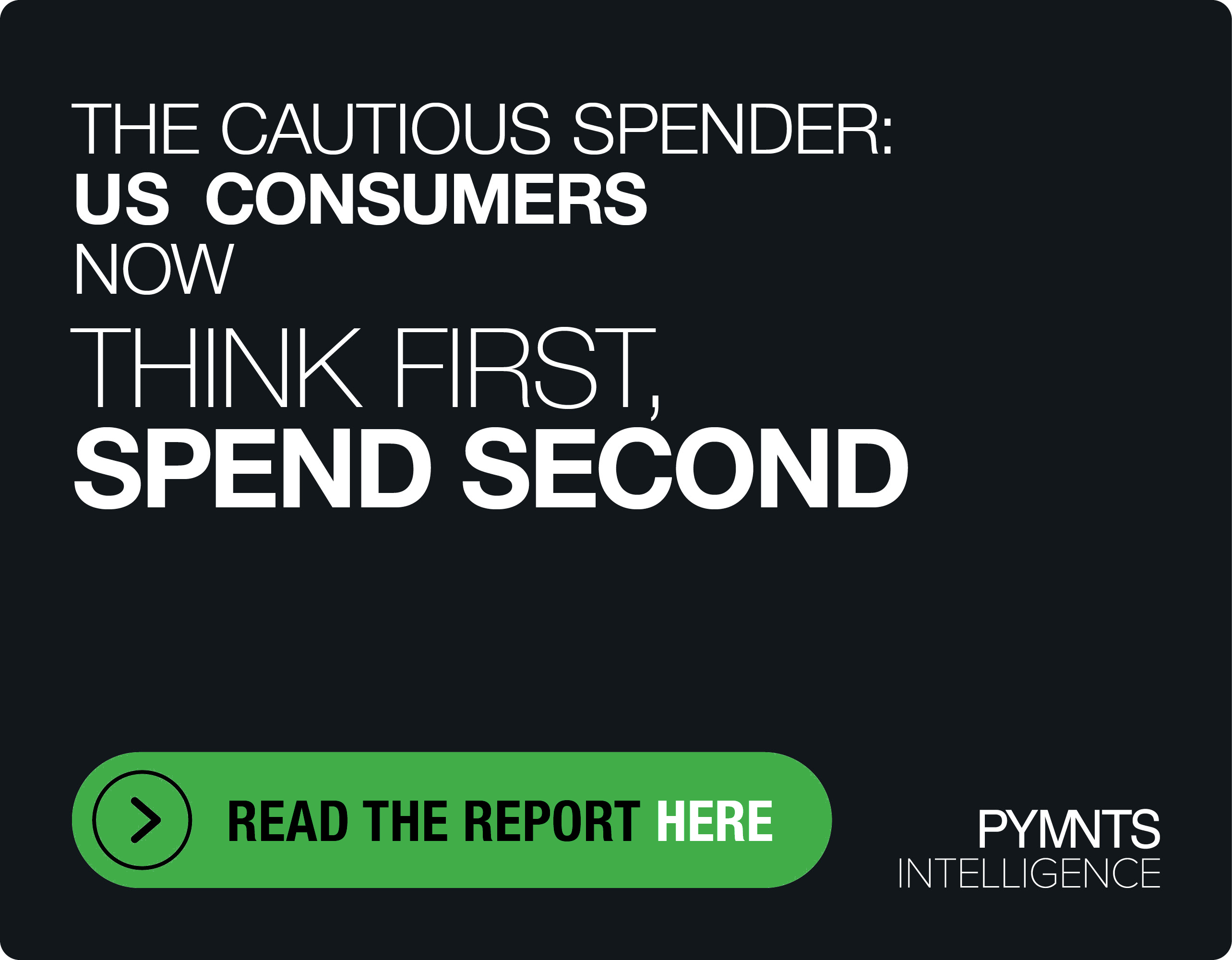CFPB Targets Checking

The CFPB is worried about checking, particularly consumers’ access to it. In remarks recently released by CFPB head Richard Cordray, he affirmed the basic necessity of access to banking products for the American consumer.
“Checking accounts are an important part of a consumer’s financial life. They are used by some 200 million Americans, making them one of our most widely used financial products. They function as a basic tool for money management that provides a secure way for consumers to collect earnings, make payments, and transfer and hold funds.”
The CFPB is concerned that consumers access to these accounts might be compromised by the various and credit reporting vehicles banks make use of to determine whether an applicant is worthy to hold a checking account. Cordray noted that while most Americans are aware of the three major credit reporting agencies, the landscape is in fact populated by many, many other more specialized players who are also selling their reports to banks. This raises three concerns for the CFPB.
“First, we are concerned about the information accuracy of these reports. Second, we are concerned about people’s ability to access these reports and dispute any incorrect information they may find. Third, we are concerned about the ways in which these reports are being used.”
And thus, he is proposing moving forward on standardizing and normalizing the standards consumers are subject to, as well as making them far more transparent to the public.
“We are the first federal agency to be in a position to engage directly with both sets of these important industry participants. We have already released several reports on the credit reporting system, including one of the most in-depth looks at it to date. As I mentioned, we have also issued a warning to some specialty reporting companies that federal law requires them to provide consumers with access to their reports.”
Cordray also noted the overall coal was clear and simple.
“In the end, consumers need access to accounts that allow them to move their money around securely and efficiently, giving them control over their financial well-being without exposing them to unwanted or unforeseen risks.”
